Concerning ruminants, biosecurity is an essential point if the transmission of pathogens between animals or between farms, as well as from animals to humans and vice versa is to be avoided. In addition, the legislation in force must be scrupulously respected concerning reportable diseases such as brucellosis, tuberculosis or enzootic bovine leukosis.
The clinic for ruminants hosts hospitalised animals: calves, adult and growing cattle, sheep and goats.
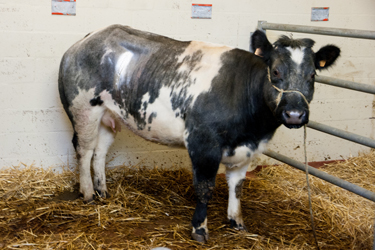
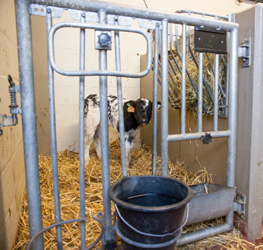
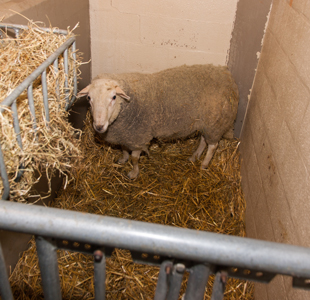
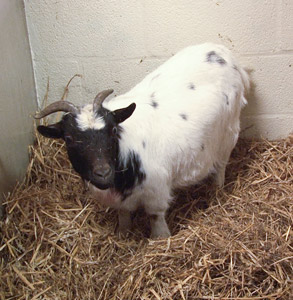
Sick animals may be received 24 hours a day, 365 days a year. The veterinarian usually informs the clinic before the owner brings the animal, in order to provide elements of history. Upon its arrival, the animal will always be evaluated by a staff member before being unloaded.
A hospitalized animal is part of a herd (important towards sanitary statuses).The IBR status of the clinic is status l3 since March 1st, 2018. Any animal presenting clinical signs of IBR (hyperthermia associated with mucopurulent nasal discharge), haemorrhagic diarrhoea (suspicion of BVD) or suspect of being affected by a reportable disease will not be admitted to the hospital.
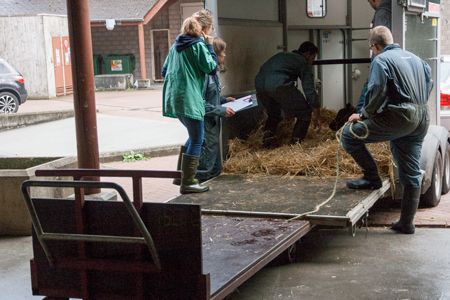
The owner is not allowed in the clinic except if he is accompanied by a staff member or if he has to lead the animal to the forge (entry via the access to the class 3 unit). Cattle with a status below I3 (I2 and I2D) are not accepted in the Clinic since March 1st, 2018.